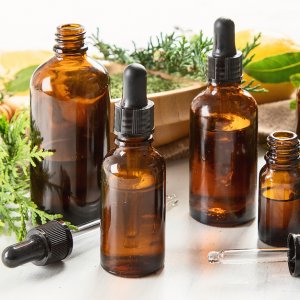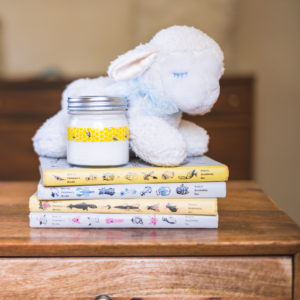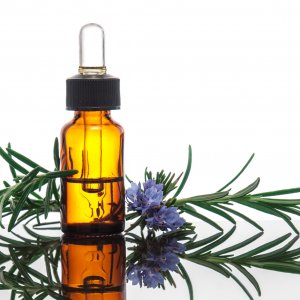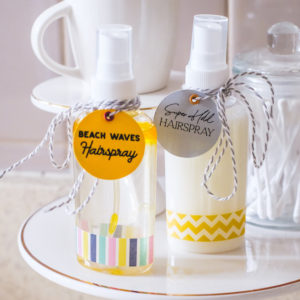Essential oils are known to have long shelf lives, but do they expire at some point? This question comes up a lot, especially with people who are new to essential oils.
They don’t expire, but they can be damaged.
Suffice it to say that essential oils do not exactly expire; however, they are sensitive to light, heat, and exposure to air. Upon exposure to air, essential oils may oxidize which some do faster than others. Oxidation increases the number of hazardous chemical constituents. This makes the essential oil more likely to cause skin reactions and toxicity upon oral ingestion. Ultraviolet light can also generate free radicals in them, and heat simply evaporates the valuable essential oil more quickly.
In general, essential oils that contain a high amount of monoterpenes last the shortest amount of time, their shelf-life being approximately 1–2 years. Next, essential oils high in phenols can last up to 3 years. Additionally, essential oils high in ketones and esters last longer, perhaps 4–5 years. Finally, essential oils high in sesquiterpenes can stay on the shelf for the longest period of time, up to 6 years or longer.
How can you tell if your essential oil is oxidized?
If you are concerned your essential oil may be oxidized check its aroma as generally aromas go ‘off’ after oxidation.
Additionally, you may also notice skin irritation such as redness, burning, or tingling after applying the essential oil. You may choose to stop using this particular bottle of oil if any of those symptoms occur.
Storing essential oils
All essential oils last longer and don’t expire as quickly when they are stored properly. Care should be taken to ensure that your essential oils are properly stored without exposure to heat, light, and air. Store them in a cool, dry place without excessive light, and keep the lids screwed on tightly.
Below is a list of essential oils that oxidize faster than others.
| Essential Oils that Can Oxidize | and Increase the Risk of Irritation |
| Angelica | Frankincense |
| Anise | Galbanum |
| Caraway | Juniper |
| Celery | Lemon balm |
| Cistus | Myrtle |
| Citrus fruit oils | Pepper |
| Cypress | Pine |
| Dill oils | Sage |
| Elemi | Spruce |
| Fennel | Star anise |
| Fir oils | Tea tree |
| Fleabane | Verbena |
Because essential oils can go bad at some point in time, it is recommended to use them often and to check their aromas before use. If you are in doubt, it is probably a good idea to complete a patch test to ensure that the essential oils are comfortable on the skin. Most of all, be sure you are storing your essentials oils properly.












